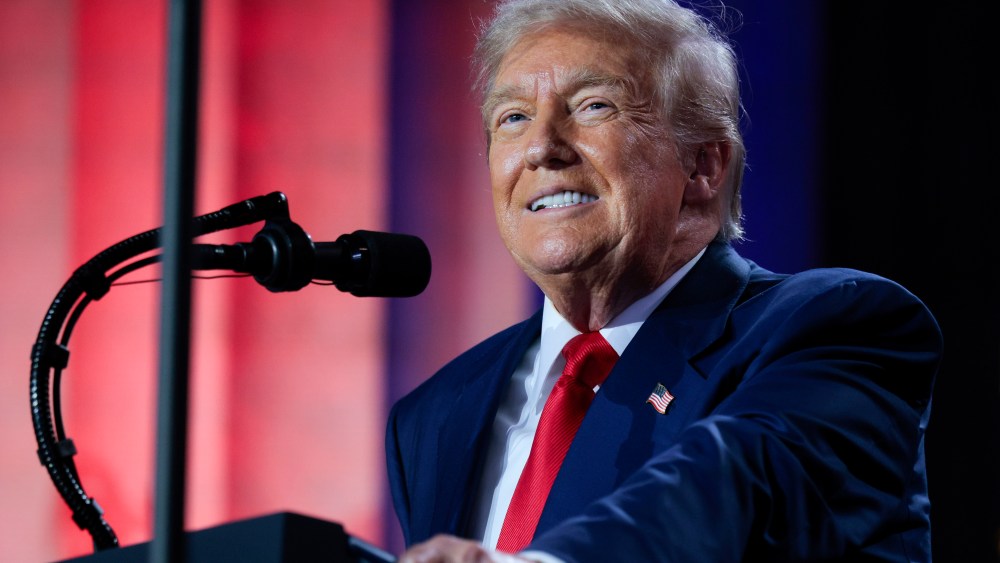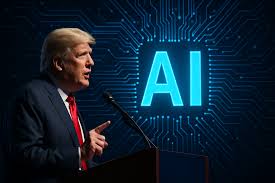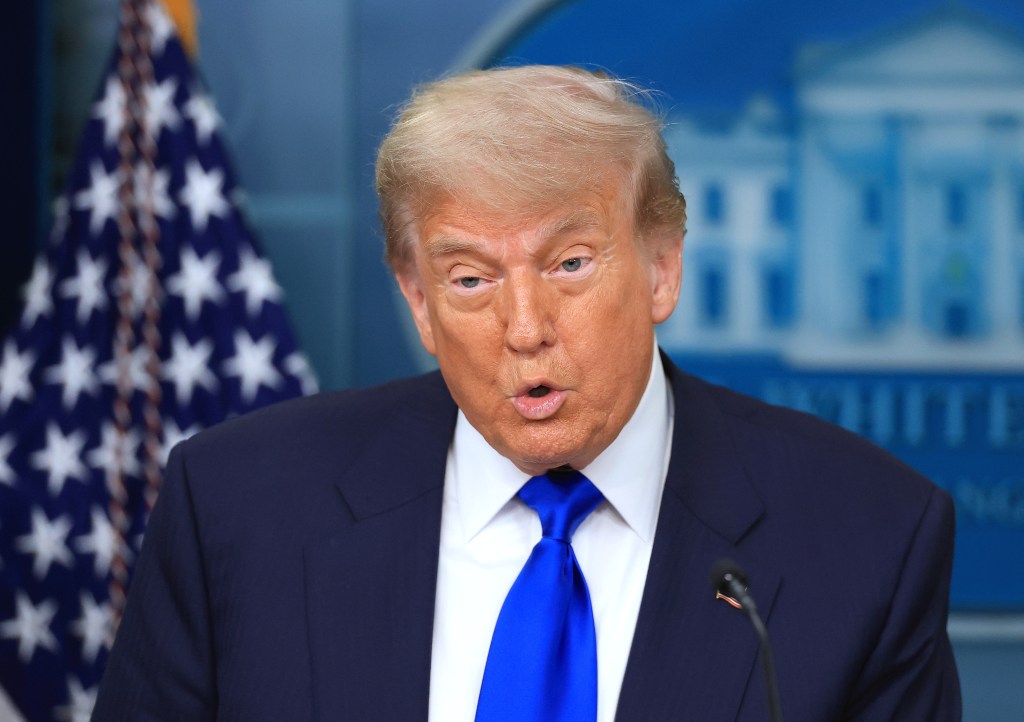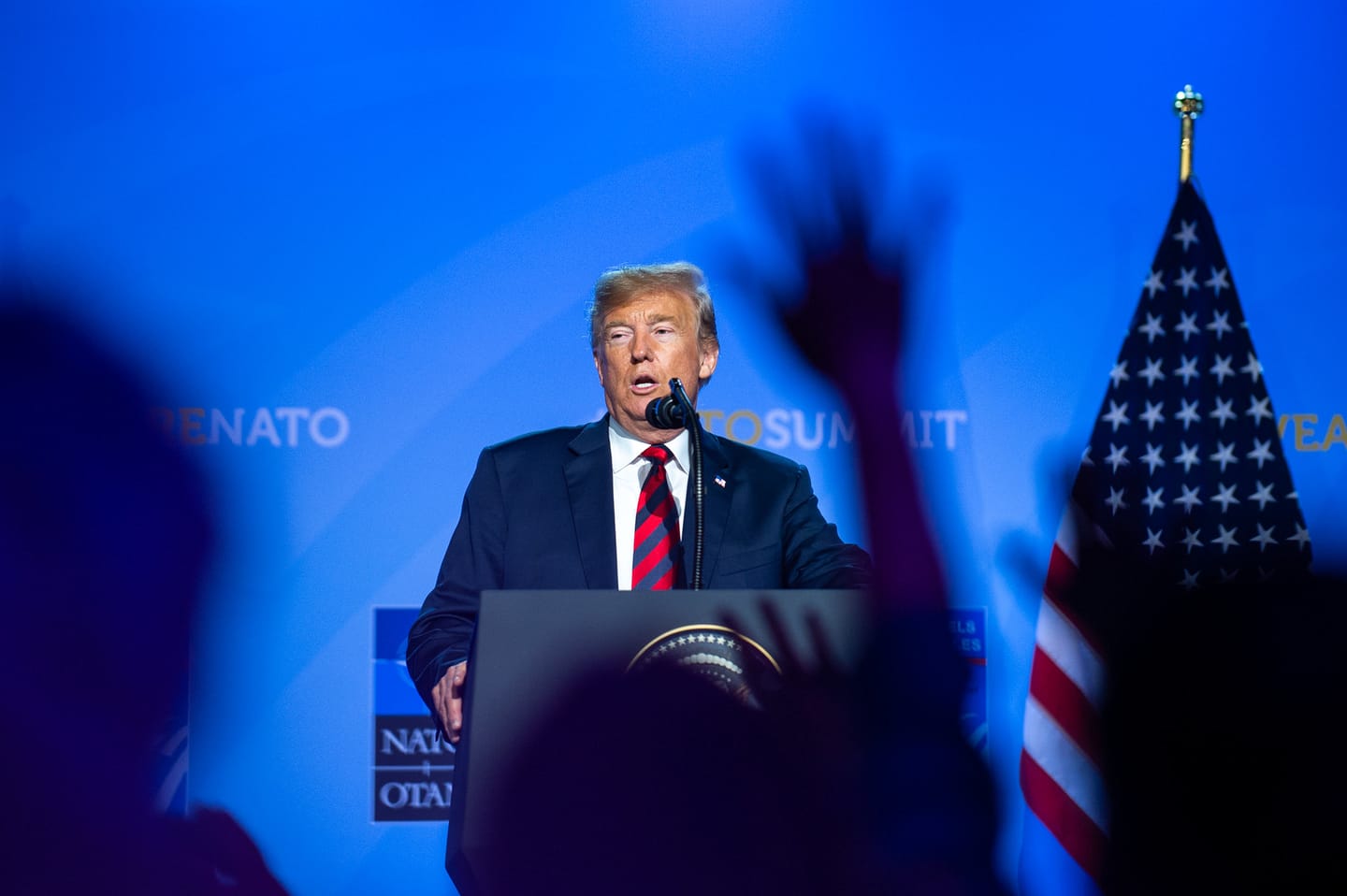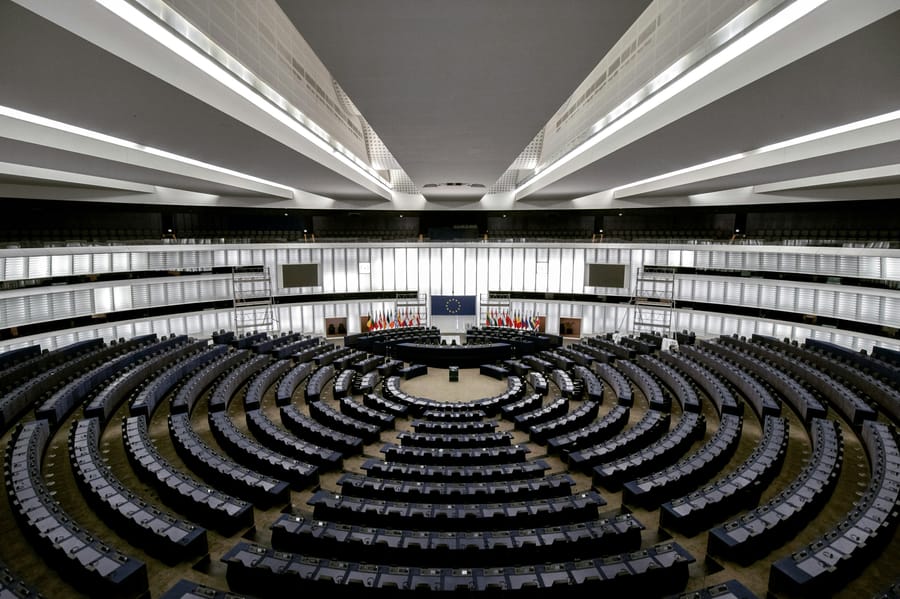President Trump declared on 23 July 2025 at a Washington AI summit that requiring royalties for copyrighted works used in AI development is practically unfeasible and would disadvantage the United States against China. Speaking at the Andrew Mellon Auditorium, Trump advocated for a common sense approach allowing unfettered AI development, emphasising that people do not pay for knowledge gained from reading books or articles.
The legal question has previously appeared in courts, where two federal judges ruled in favour of Meta and Anthropic in June, stating that using copyrighted content in AI training constitutes fair use. In contrast, the Human Artistry Campaign – a coalition of Hollywood unions including SAG-AFTRA, the Directors Guild of America, the Writers Guild of America– maintains that AI training should only be conducted with the consent of rightsholders. The coalition argues that failing to pay royalties degrades the incentive to create, threatening both American culture and leadership in AI. The debate moved to the legislative arena when Senators Josh Hawley and Richard Blumenthal introduced legislation on 22 July that would prohibit the use of copyrighted works in AI training without permission.
The White House released an AI Action Plan on 23 July, which primarily focuses on building the country's AI capabilities, including data centres and other support, while removing regulatory barriers – a significant departure from President Biden's safety-focused approach. Trump suggested that the US needs a single federal standard rather than regulation by 50 different states for AI development. The plan also recommends updating federal procurement guidelines to ensure the government only contracts with large language model (LLM) developers who guarantee their systems are objective and free from ideological bias. This approach was strongly criticised by California Governor Gavin Newsom, who argued that the plan threatens to defund states with strong laws against AI-generated child pornography.
Sources:
